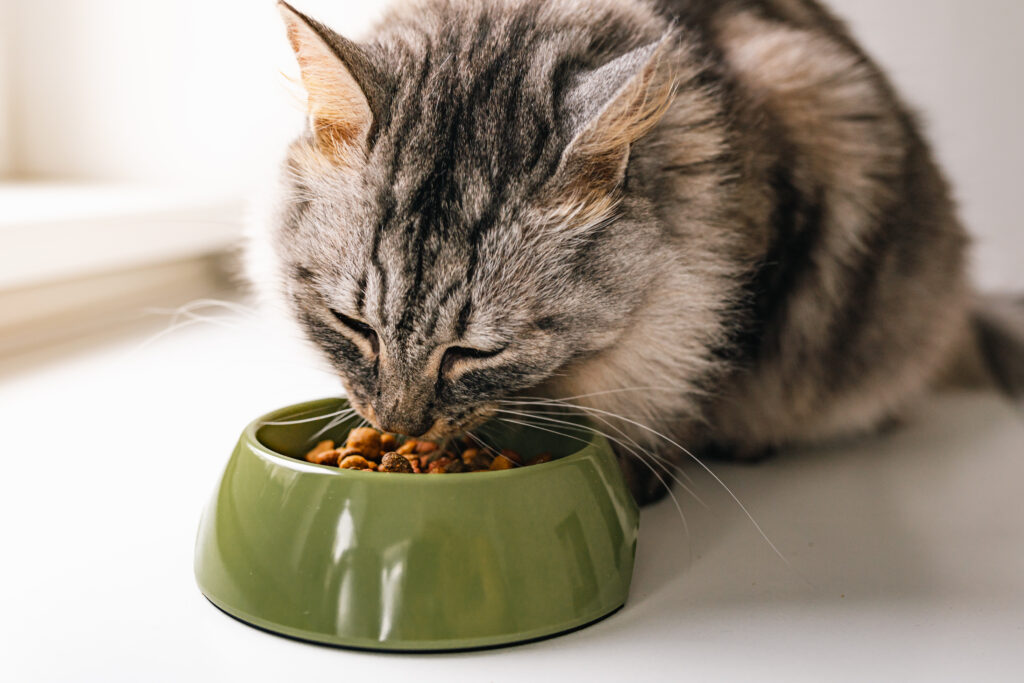Monday - Friday: 9:00 - 19:00
As pets enter adulthood, their nutritional needs will depend on various factors such as their sexual status, activity level, and living environment. Some breeds may also have specific dietary requirements to maintain a healthy weight. It is also often necessary to adapt them to keep your pet's weight stable. Like humans, any imbalances in their diet can long-term impact their health and ageing process. It can be challenging to detect subtle changes in their health during this period. But regular weighing and monitoring can help identify any abnormality. If there are any significant changes in their lifestyle or weight, it's recommended to consult with a veterinarian for a nutritional assessment.

As pets grow older, their metabolism changes and their ability to handle variations in their diet decreases, even if they are not sick. Adapting their diet to maintain your pets' health and prevent malnutrition is essential. Ageing is a gradual and irreversible process. Often accompanied by weight changes and muscle loss (sarcopenia). The rate of this process depends on the animal size and partially on the breed. Proper nutrition without overfeeding is vital to slow down or prevent physiological and metabolic changes. Nutritional intake should be adjusted to the animal's needs. It is recommended to monitor the animal's weight and muscle score monthly and conduct a nutritional assessment at least once a year for elderly pets.

balanced diet, cat, customized feeding, dog, food, individualized nutrition, Nutrition, personalized nutrition, ration, specialist, Veterinary
Our team is dedicated to providing you and your pets with the best care possible. Our modern facilities include a laboratory, ultrasound, surgical block with monitoring and gas anaesthesia, and day hospitalisation area.
Our staff values transparency, information, and compassionate care at Madeleine Vet. If you have any questions or need more information, please don't hesitate to ask.

©2023 Madeleine Vet, All rights reserved. Site created with love by Boca